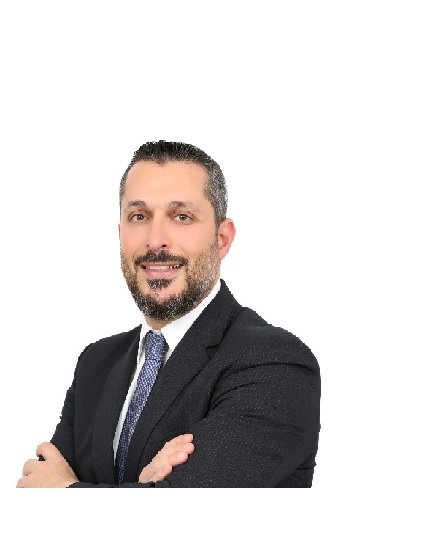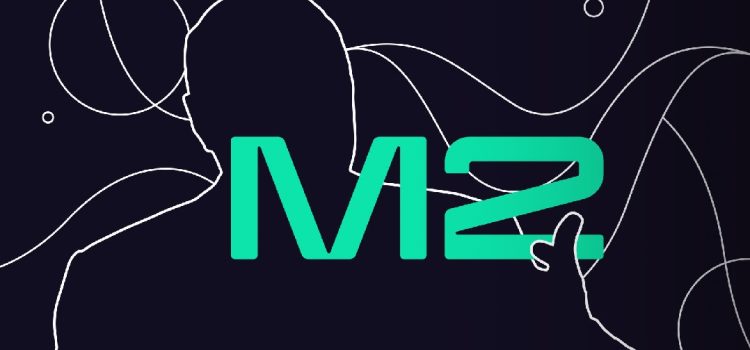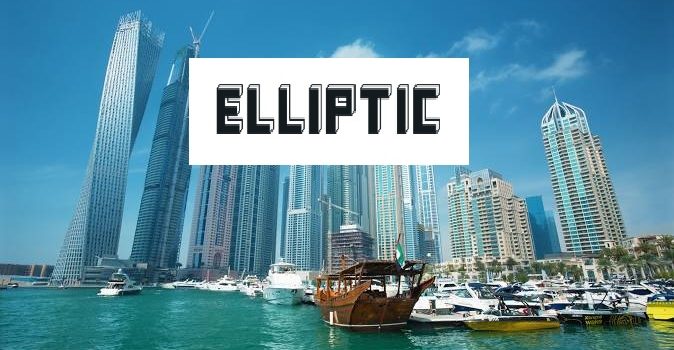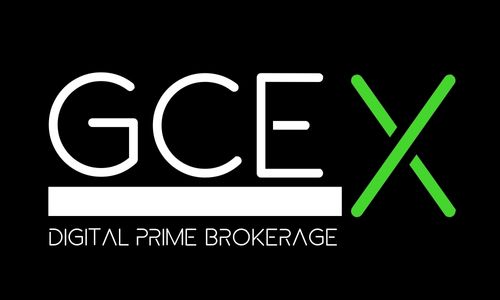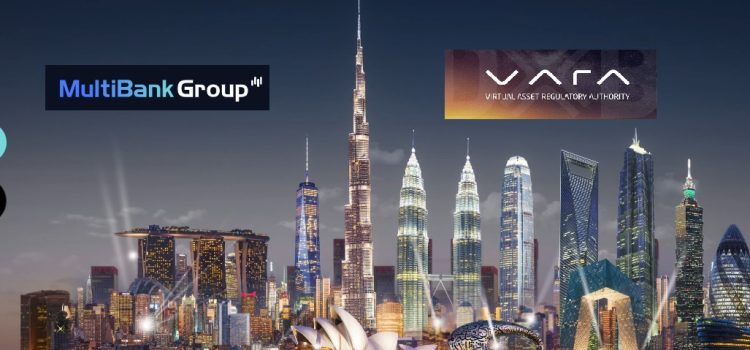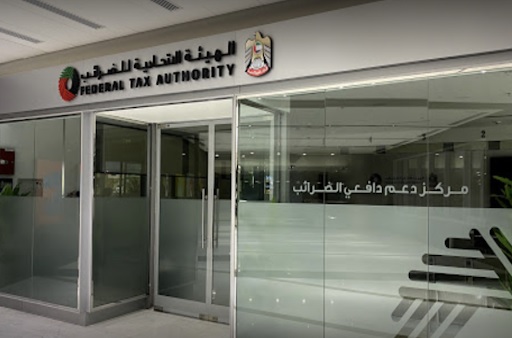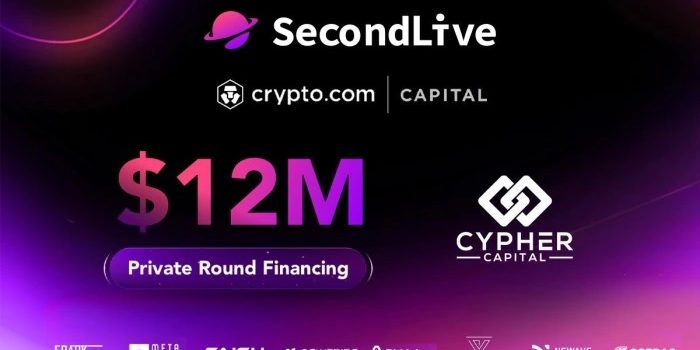AED Stablecoin LLC announced that the Central Bank of UAE has provided it with in principle approval to launch and establish its own stablecoin, AE Coin. This comes after the Central Bank of UAE announced the “Payment Token Services Regulation”; Circular No. 2/2024, dated 7 June 2024, to be licensed by the Central Bank of the UAE.
As per the press release, the license will enable AED Stablecoin to be the first-ever entity in the UAE to issue AED Stable Coins, in line with the government’s forward-thinking vision and the UAE’s Digital Government Strategy 2025, AE Coin promises to revolutionize financial services by offering unparalleled stability, security, and efficiency.
AE Coin will utilizes fiat-backed stability and Blockchain technology. Each coin will be backed by the AED Dirham.
The press release adds, that AE Coin enables fast, low-cost transactions, all while operating under the regulatory oversight of the Central Bank of the UAE. It’s the future of a seamless, secure, and innovative digital economy.
Ramez Rafeek, General Manager of AED Stablecoin, stated: “We are very pleased to have received the approval of the Central Bank of the UAE to start issuing AE Coin, in accordance with the “Payment Token Services Regulation” Circular. As the first-ever stablecoin regulated by the Central Bank of the UAE, AE Coin will be revolutionizing the digital currency landscape, providing users with an unparalleled blend of financial freedom, unwavering stability, and top-tier security.”
It offers DeFi Integration by integrating with decentralized finance platforms (DeFi). In addition, it provides Enhanced Security and Transparency. AE Coin’s state-of-the-art blockchain technology ensures multi-layer encryption, meaning every transaction is securely recorded on the blockchain, ensuring trust and security.
Lastly it is adhering to Global Regulatory Compliance, with complete regulatory oversight from the Central Bank of the UAE, AE Coin assures users that it adheres to the highest standards of security and compliance in digital finance.
Companies in the UAE can use AE Coin’s stable and regulated currency for instant payments to other companies in the UAE holding AE Coin wallets, improving cash flow management and reducing transaction costs.
For individuals looking to invest, save, or use digital currency for everyday transactions, AE Coin’s intuitive and secure platform makes it easy for anyone to get started. Individuals using AE Coin will enjoy instant, hassle-free transactions without any delays and fees compared to traditional banking.
As a digital currency, AE Coin is designed to support the UAE’s growing digital economy, enabling easier, more secure payments that contribute to the country’s financial innovation. Lastly, AE Coin is designed to foster economic growth, providing individuals and businesses with new opportunities to thrive in the digital economy.
AE Coin’s strategy focuses on forming strategic partnerships with major financial institutions, payment gateways, and technology providers to ensure widespread adoption. AE Coin’s ambitious roadmap includes integration with decentralized applications (dApps), listings on major exchanges, and ongoing technological advancements.
Tether had also previously announced it was seeking a license to launch its own AED stablecoin.

